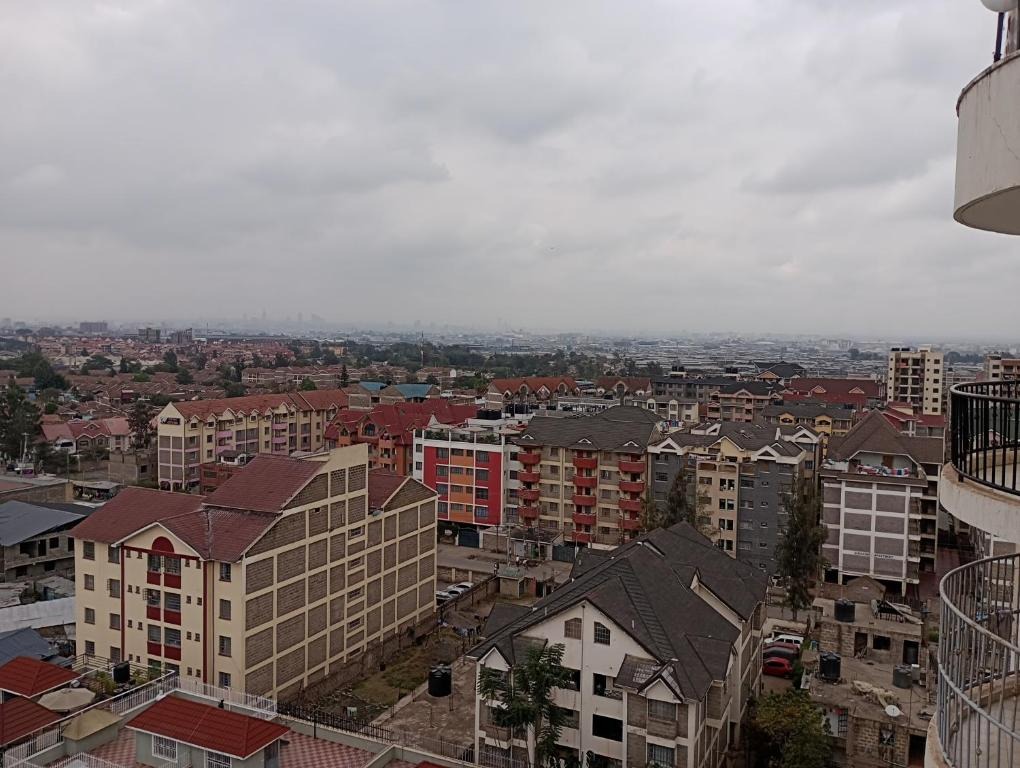Renting a property is a significant aspect of many people’s lives, providing them with a place to call home and the flexibility to adapt to changing circumstances. However, the landlord-tenant relationship can sometimes be fraught with challenges, making it essential for tenants to understand their rights and responsibilities within the framework of Kenyan law. In this article, we delve into the key aspects of tenant rights in Kenya, shedding light on both the protections afforded to tenants and the responsibilities they bear.
Know Your Rights:

Right to Habitability: Every tenant in Kenya has the right to live in a habitable dwelling. This means that landlords are obligated to ensure that the property is in good condition, free from hazards that could endanger the health or safety of the occupants. From adequate sanitation facilities to proper ventilation and structural integrity, tenants have the right to expect a certain standard of living conditions.
- Right to Privacy: Tenants have the right to privacy within their rented premises. Landlords must respect this right and cannot enter the property without prior notice except in cases of emergency or as specified in the tenancy agreement.
- Right to Fair Housing Practices: Discrimination based on factors such as race, ethnicity, religion, gender, or disability is prohibited by law. Landlords cannot deny housing or treat tenants unfairly on these grounds.
- Right to Due Process: Tenants are entitled to due process before eviction. Landlords must follow the legal procedures outlined in the Kenyan law, which includes providing notice and obtaining a court order for eviction.
- Right to Repairs: If there are any issues with the property that affect its habitability, tenants have the right to request repairs from the landlord. Landlords are generally responsible for maintaining the property in good condition and addressing any necessary repairs in a timely manner.
Understand Your Responsibilities:
- Payment of Rent: Tenants are responsible for paying rent in full and on time as stipulated in the tenancy agreement. Failure to do so can lead to legal consequences, including eviction.
- Maintenance of the Property: While landlords are responsible for major repairs and ensuring the habitability of the property, tenants are generally expected to maintain the premises in a clean and sanitary condition. This includes basic cleanliness and taking reasonable care to avoid damage to the property.
- Compliance with Tenancy Agreement: Tenants must adhere to the terms and conditions outlined in the tenancy agreement, including restrictions on activities such as subletting or engaging in illegal activities on the premises.
- Respect for Neighbors: Tenants are expected to respect the rights of their neighbors and avoid behaviors that may disturb their peace and quiet enjoyment of their own premises.
Protections Available:
- Dispute Resolution Mechanisms: In the event of a dispute between a tenant and landlord, there are mechanisms available for resolution, including mediation and arbitration. These processes can help parties reach a mutually acceptable solution without resorting to litigation.
- Legal Aid: Tenants who cannot afford legal representation may be eligible for legal aid services provided by the government or non-profit organizations, ensuring access to justice regardless of financial circumstances.
- Tenant Associations: Joining a tenant association can provide tenants with collective bargaining power and access to resources and support in dealing with landlord-tenant issues.
In conclusion, understanding tenant rights and responsibilities is crucial for maintaining a harmonious landlord-tenant relationship in Kenya. By familiarizing themselves with the protections afforded by law and fulfilling their obligations as tenants, individuals can ensure a secure and stable living environment. Additionally, seeking assistance from legal and advocacy organizations can empower tenants to assert their rights and address any grievances they may encounter during their tenancy.







